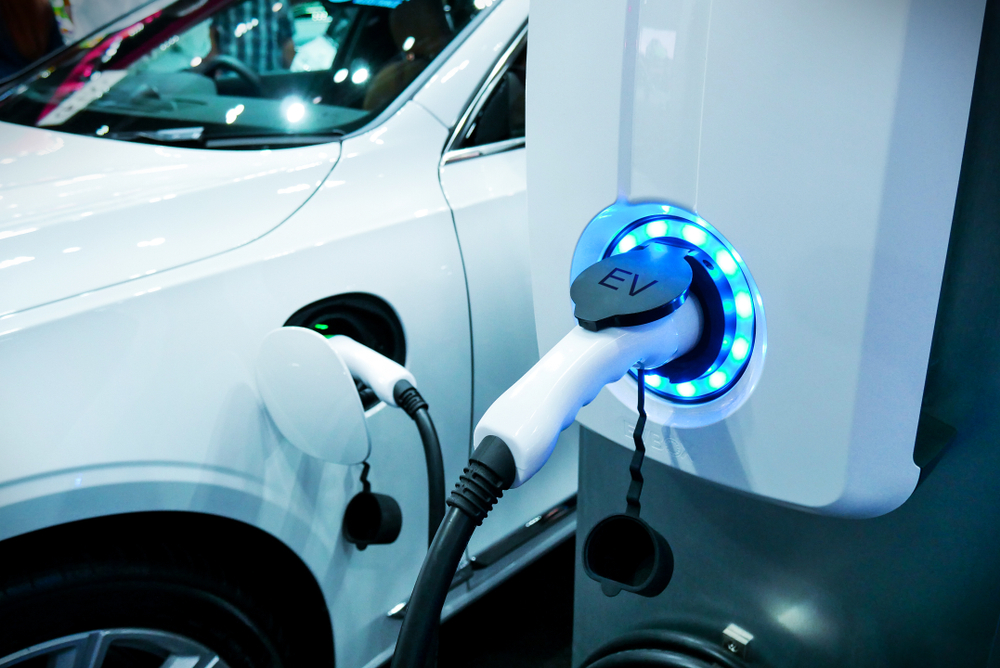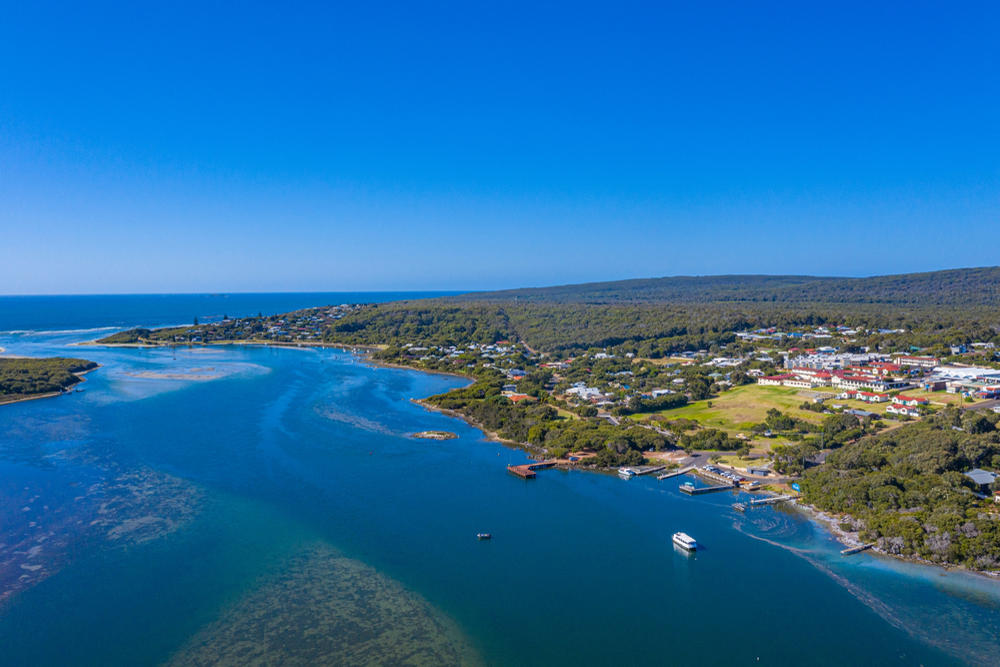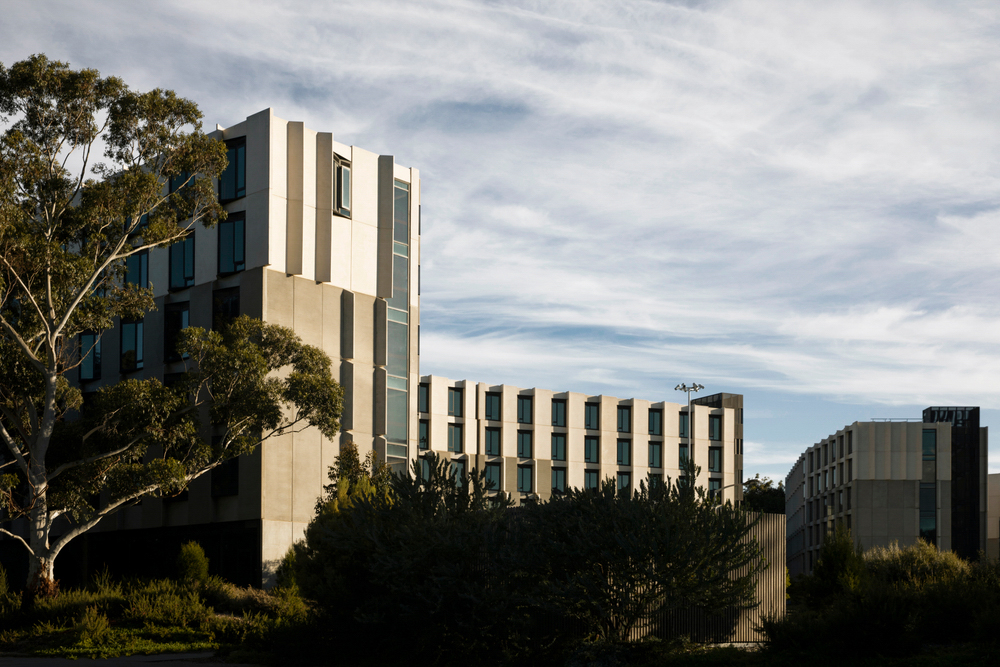
Industry consultation over an Electric Vehicle Road User Charge in South Australia will begin this week, as the State Government announces plans to introduce the charge a year later than first proposed.
The 12-month extension – to 1 July 2022 – will provide more time and opportunity to monitor key developments in other states, such as Victoria, to ensure a degree of national consistency, where appropriate. The final details of the Victorian legislation are still to be revealed.
Treasurer Rob Lucas announced the Government’s plans to introduce a road user charge for zero and low emission vehicles in November’s State Budget 2020-21. The Victorian Government followed suit (it plans to introduce a new distance-based road user charge from July 1), while NSW’s Treasurer has said he is looking to take a similar proposal to Cabinet sometime this year.
Treasurer Rob Lucas said SA’s legislation will be based on a similar distance-travelled scheme as Victoria – with motorists providing odometer readings – to ensure all road users contribute fairly to the state’s road maintenance investment.
“The reality is, if you’re driving an electric vehicle then you’re not paying fuel excise at the pump and you’re contributing significantly less to the vital upkeep of our vast road network,” Mr Lucas said.
“We look forward to hearing from a range of organisations as part of our targeted public consultation process.”
“Ultimately this reform will have to happen – as more and more Australian motorists shift to zero and low-emission vehicles, all Governments will need to ensure there is sufficient funding for ongoing road maintenance and infrastructure investment,” he said.
“We are looking at a scheme similar to Victoria’s, where motorists would be charged a set rate based on kilometres travelled, but the legislation to be introduced this year will not include GPS tracking.”
Under Victoria’s model, charges will apply to light vehicles not predominantly powered by a fuel source subject to Commonwealth Government fuel excise, such as petrol, diesel or LPG.
A 2.5 cent/km charge would apply to electric and other zero-emission vehicles and hydrogen vehicles, and a 2 cent/km charge would apply to plug-in hybrid electric vehicles under the proposed Victoria model.
Last year, research from the University of Queensland showed that the decision by the governments of Victoria and South Australia to implement new taxes on electric vehicles would prevent these states from reaching their goal of net-zero greenhouse gas emissions by 2050.
Dr Jake Whitehead’s research on the impact of such taxes suggests that the move will reduce electric vehicle uptake by 50 per cent. But 90 per cent of cars on the roads must be electric by 2050 for zero-emission targets to be viable.
In November 2020, Electric Vehicle Council Chief Executive, Behyad Jafari, said state governments need to pick a position.
“State governments need to decide, do they want to introduce a tax on electric cars or do they want to commit to zero emissions by 2050? The research shows unequivocally they cannot do both,” Mr Jafari said at the time.
“You don’t need advanced economics to understand that applying a big new tax on something discourages its consumption. These proposed state taxes will badly stunt Australia’s electric vehicle uptake before it even had a chance to get started.”











